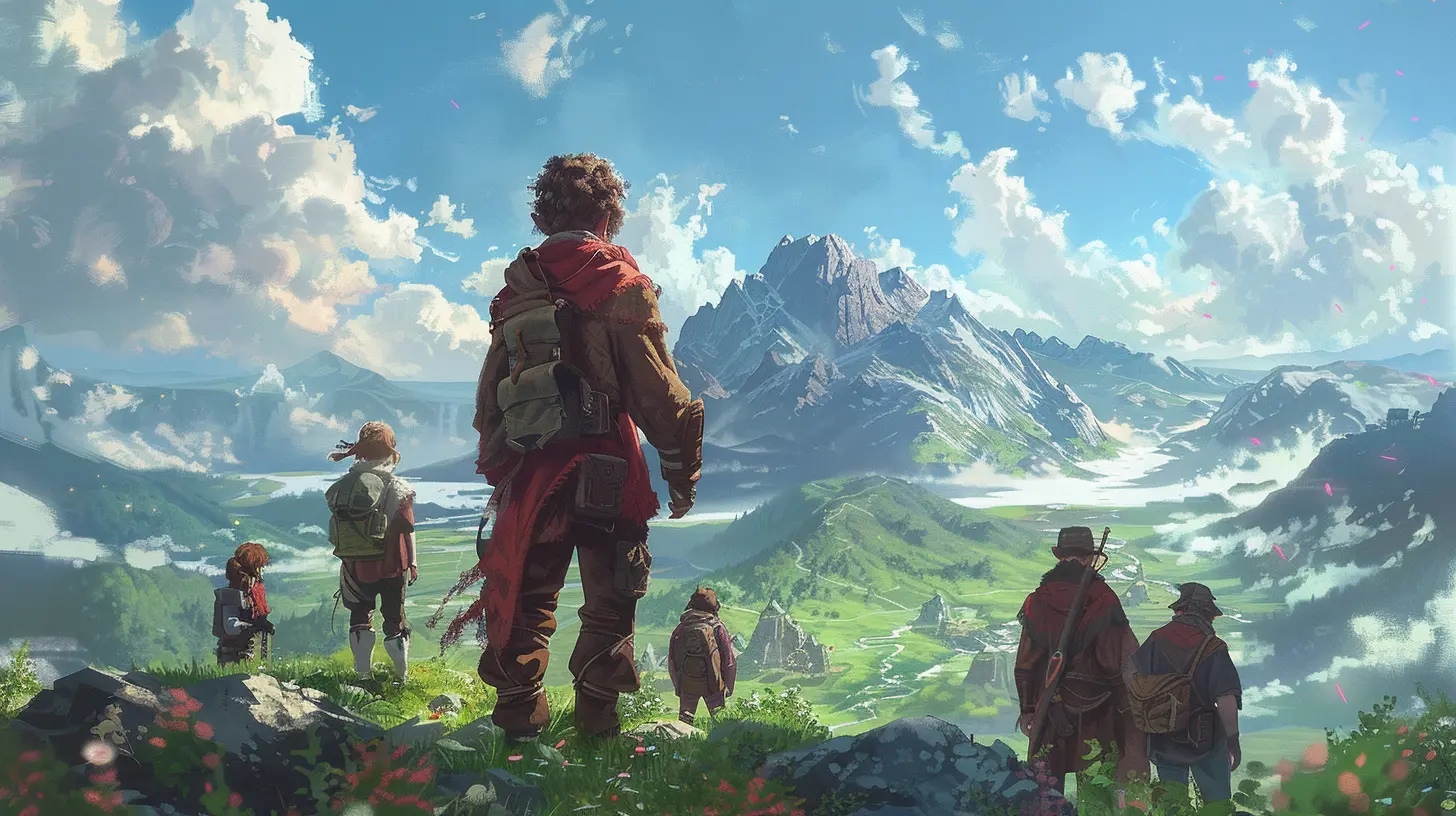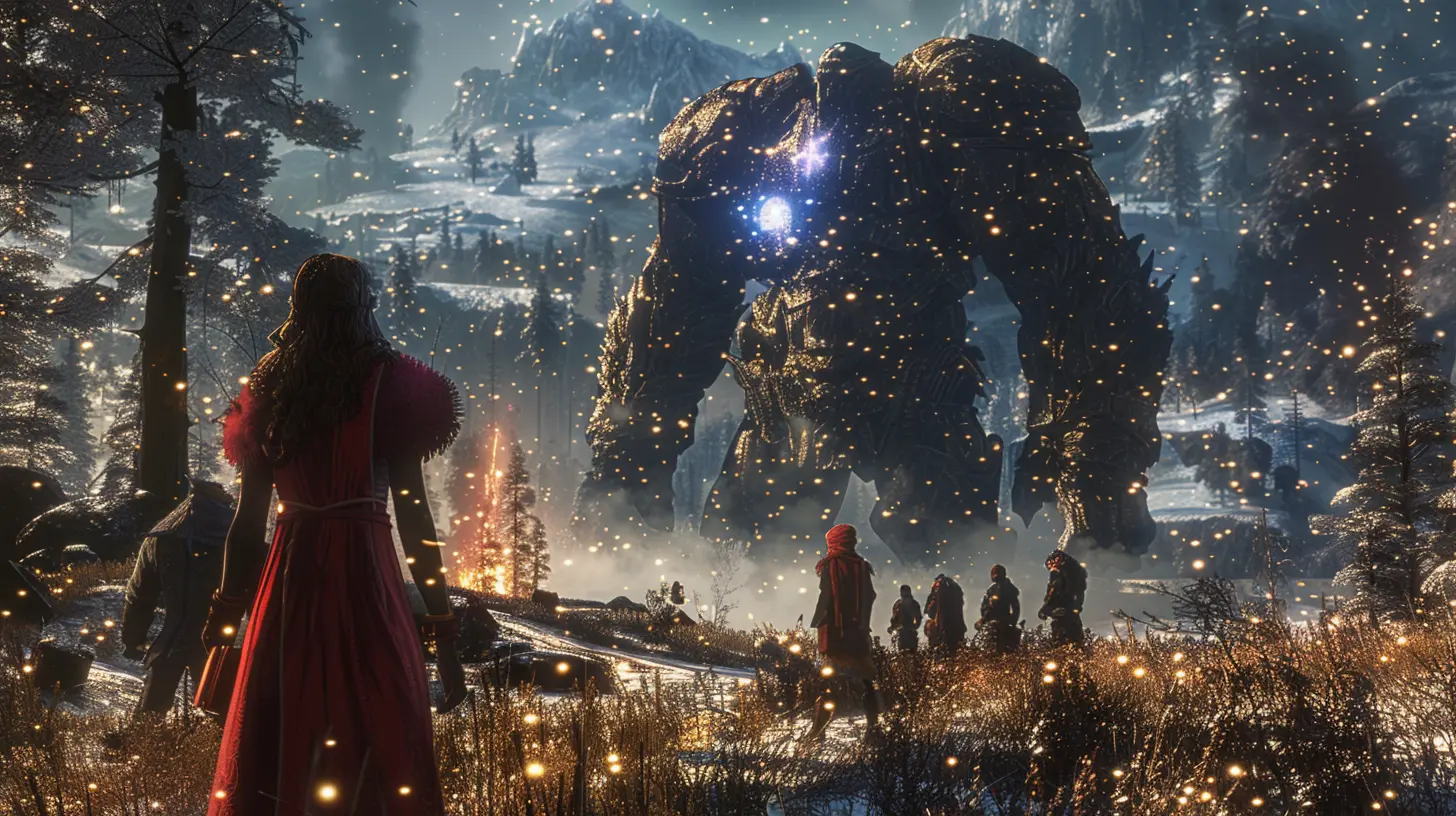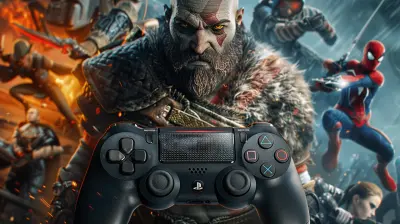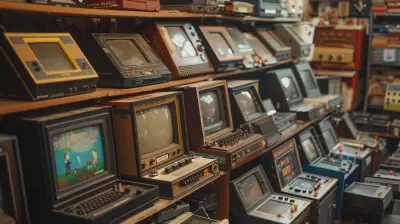16 April 2025
So, you’ve got a killer idea for a game, and you’re planning to launch a crowdfunding campaign to bring it to life. That’s awesome! But let’s not sugarcoat it—getting people to support your project isn’t just about having a brilliant concept. It’s about building a loyal community of people who are just as excited about your game as you are.
But how do you do that? How do you turn strangers on the internet into passionate fans who believe in your vision and back your crowdfunding campaign? Well, stick around, because we’re diving into the nitty-gritty of building a community around your crowdfunding game. By the end of this, you’ll have a roadmap to create a buzzing hub of supporters, advocates, and, most importantly, future players.
Why Building a Community Matters for Your Crowdfunding Game
Let’s start with the basics. Why should you even care about building a community? Can’t you just put your game on a crowdfunding platform, slap together a cool trailer, and wait for the pledges to roll in? Short answer: Nope.Crowdfunding isn’t just about funding—it’s about trust. People back projects because they believe in you, your game, and the community that surrounds it. A well-built community does more than just provide financial support. It creates buzz, spreads your message, and helps your project stand out in a sea of other campaigns. They’re your cheerleaders, your testers, your feedback providers, and sometimes even your toughest critics (but hey, that’s not always a bad thing).
In other words, your game’s community is its heartbeat. Without it, your campaign will struggle to survive. With it? The sky's the limit.
Step 1: Define Your Game’s Identity
Before you bring in a crowd, you’ve got to know who you are. What makes your game special? What story does it tell? What kind of players will fall in love with it? This isn’t just about the mechanics, art style, or genre—it’s about the soul of your game.Think about it: Every successful community rallies around something they can relate to. For your game, that could be its nostalgic 16-bit aesthetic, its unique world-building, or even its quirky humor. Whatever it is, you need to define it clearly. This will help you attract like-minded people who vibe with your vision.
Pro Tip:
Create a “pitch-perfect” elevator message about your game. You should be able to explain who your game is for and why it’s awesome in one or two sentences. Practice it and use it consistently everywhere—social media, forums, emails, etc.
Step 2: Start Building Hype Early
If you’re waiting until launch day to start thinking about your community, you’re already late to the party.Building a community takes time—it’s not a “flick-the-switch” kind of thing. Start months before your crowdfunding campaign goes live. Share teasers, concept art, snippets of gameplay, and behind-the-scenes updates. Make people feel like they’re part of the journey from day one.
Platforms to Use to Build Hype:
- Twitter: Great for sharing quick updates, engaging in conversations, and hopping on trending tags like #ScreenshotSaturday.- Instagram/TikTok: Visual platforms are perfect for showing off character designs, animations, or in-game environments.
- Forums/Subreddits: Join groups dedicated to indie games or your game’s genre, but remember not to spam. Be genuinely helpful and active.
- Discord: If you’re ready to take it to the next level, set up a Discord server. It’s like having your own HQ for your growing fanbase.
Don’t Just Sell—Share the Process
Instead of posting “Here’s my game, please support it!” every two days (spoiler alert: that gets old fast), share your story. Talk about what inspires you, the challenges of game development, funny bugs you’ve encountered, or even polls to ask for their input! Let people see the human side of the project.
Step 3: Build Meaningful Connections
Let’s be real: Nobody likes being treated as just a number. If you want people to support your game, you need to treat them like people. Go beyond the “thanks for following” messages and actually engage with them.- Reply to Comments: Whether it’s on Twitter, YouTube, or your Steam page, replying to comments shows people that you’re listening.
- Ask for Feedback: Polls, surveys, or open-ended questions about your game can make people feel like their opinion matters.
- Highlight Your Supporters: Share fan art, answer their questions, or even give them shoutouts in your updates. It’s a small gesture that goes a long way.
Example:
Let’s say someone tweets about how much they love your character designs. Instead of just liking their tweet, reply with something like, “Thank you! Which character’s design stands out to you the most?” Boom—you’ve just started a meaningful interaction.Step 4: Leverage Influencers and Streamers
Let’s face it: A well-timed mention from the right person can make your campaign explode. Indie game influencers, YouTubers, or streamers are pros at connecting with audiences who love games just like yours. If you do this right, they can help you bring in a wave of new community members.Tips for Reaching Out:
1. Do Your Homework: Look for creators who focus on indie games or have a similar vibe to your game.2. Personalize Your Message: Generic pitches like “Hey, check out my game” aren’t going to cut it. Show them that you’re familiar with their content and why you think your game would resonate with their audience.
3. Provide Value: Offer something in return—a free demo, an exclusive sneak peek, or even access to your game’s beta.
Keep in mind, not everyone will say yes. That’s fine! It’s a numbers game, but one genuine shoutout can be worth more than 100 cold emails.
Step 5: Keep Your Community Engaged
Once you’ve built some momentum, don’t let it fizzle out. Keep your community excited and invested in your project, even after your crowdfunding campaign ends. Remember, the goal isn’t just to fund your game—it’s to create lasting fans who will support you long-term.Engagement Ideas:
- Exclusive Updates: Make your backers feel special by giving them access to early updates or sneak peeks.- Livestreams: Host Q&A sessions or live playtests of your game on platforms like Twitch or YouTube.
- Seasonal Events: Run themed contests (like fan art competitions or speedrun challenges) to keep your audience active.
Think of it as feeding a campfire. You don’t have to throw a log on every minute, but you do need to keep adding kindling to keep the flame alive.
Step 6: Don’t Be Afraid to Be You
This might sound cheesy, but it’s the truth: Your biggest asset is...you. People want to support creators they connect with on a personal level. Don’t try to be overly formal or corporate. If you’re a little goofy, let that shine. If you’re passionate about retro horror games from the 90s, don’t hide it. Your authenticity will be a magnet for the kind of people who’ll love not just your game, but you as a creator.Conclusion: It’s a Marathon, Not a Sprint
Building a community around your crowdfunding game isn’t something that happens overnight. It’s a slow, steady process that requires patience, consistency, and a whole lot of genuine enthusiasm. But trust me, the effort is 100% worth it. There’s nothing more rewarding than seeing people rally around your vision and cheering you on every step of the way.So get out there, start sharing your story, and build a community that’s as passionate about your game as you are. You’ve got this.




Elijah Harmon
Building a community around your crowdfunding game is essential for success. Engage with potential players through social media, host regular updates, and encourage feedback. Create a sense of belonging by involving followers in decision-making and sharing exclusive content to foster excitement and loyalty.
April 17, 2025 at 3:26 PM